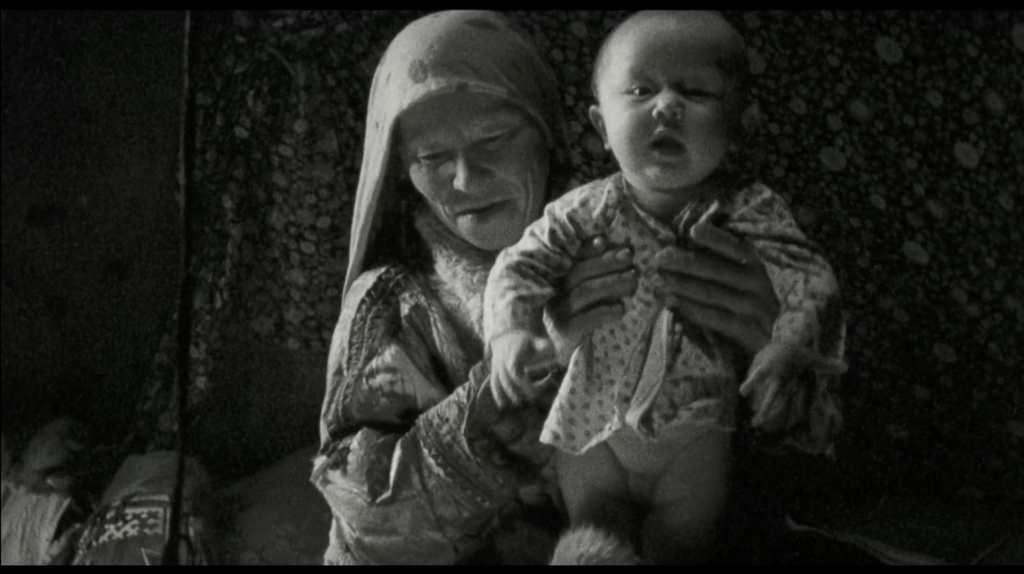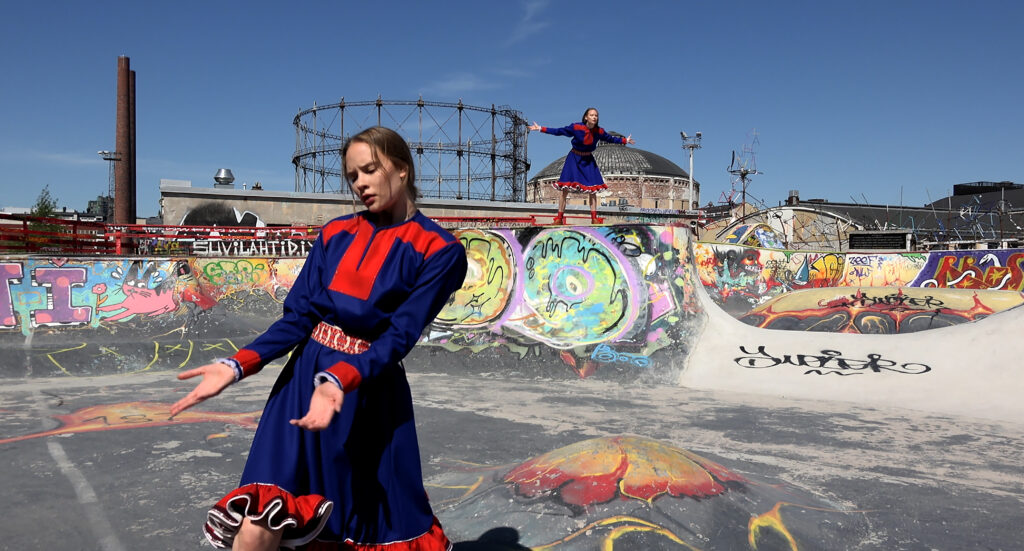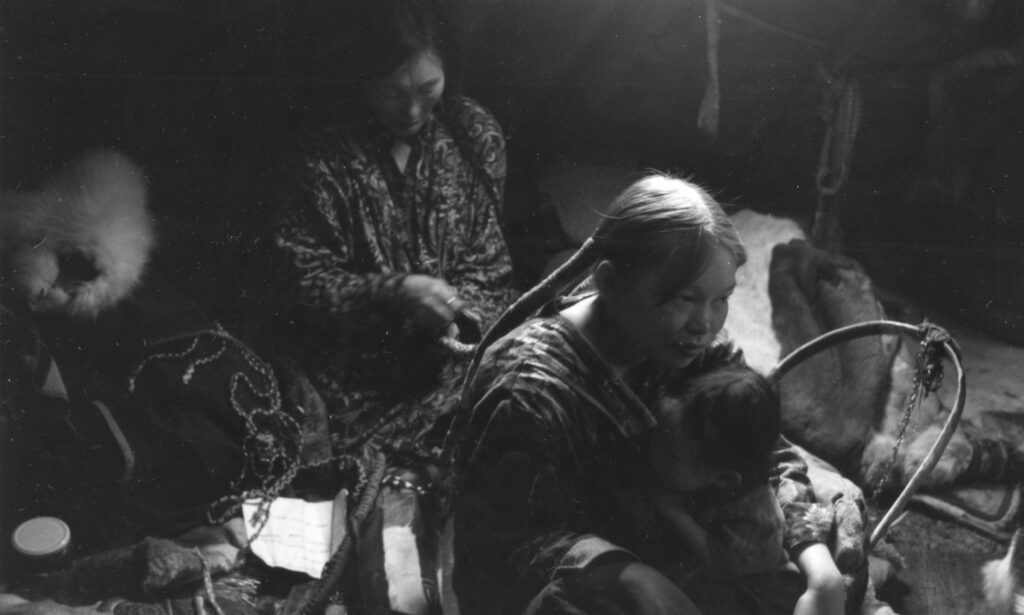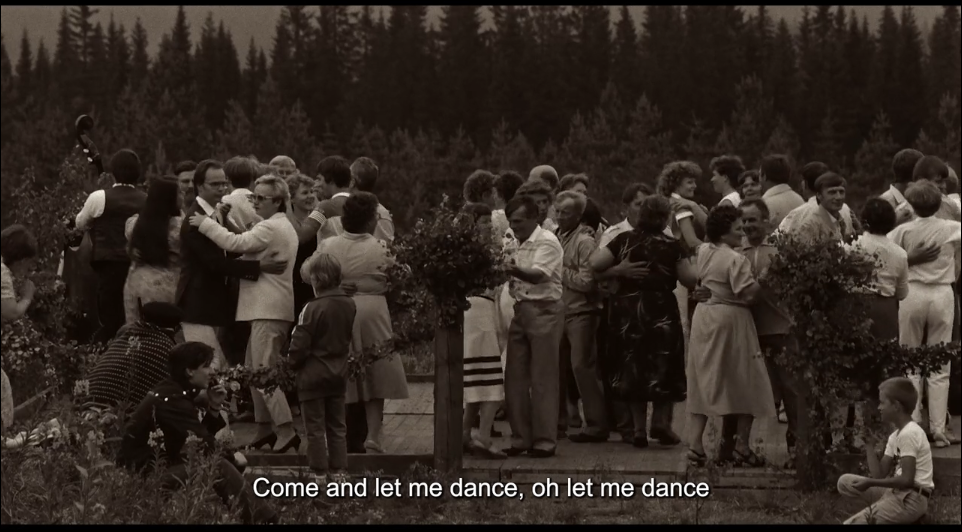Markku Lehmuskallio
Markku Lehmuskallio is a film director and cinematographer born in 1938 in Rauma, Finland. His entry point into filmmaking began while working as a forester in Finland, where he created instructional films for farmers to teach them how to plant pine seedlings. This ecologically focused practice continued and while filming in the Arctic regions of the former Soviet Union he met Anastasia Lapsui. They have since collaboratively produced numerous documentaries about the lives of Indigenous peoples in the Arctic Circle and around the world. Lehmuskallio’s films have been exhibited widely at venues internationally, including the Berlinale, International Film Festival Rotterdam, Docpoint Helsinki, Dok Leipzig, Midnight Sun Film Festival, Toronto International Film Festival, and Karlovy Vary International Film Festival, among many others. He is the recipient of numerous awards including Jussi Awards for Best Short Film (1973), Best Cinematography (1975), and Best Documentary Film (2003); an Honourable Mention from the Berlinale (1980); the Aho & Soldan Lifetime Achievement Award (2002); the Jury Prize Région de Nyon from Visions du Réel (2020); and the Finland Award (1998).
Filmography
Anerca, Breath of Life (with Johannes Lehmuskallio, 2020), Pyhä (with Johannes Lehmuskallio and Anastasia Lapsui, 2017), Tsamo (with Anastasia Lapsui, 2015), Eleven Images of a Human (with Anastasia Lapsui, 2012), Pudana – Last of the Line (with Anastasia Lapsui, 2010), Earth Evocation (with Anastasia Lapsui, 2009), Travelling (with Anastasia Lapsui, 2007), The Sami (with Anastasia Lapsui, 2006), Fata Morgana (with Anastasia Lapsui, 2004), A Bride of the Seventh Heaven (with Anastasia Lapsui, 2003), Mothers of Life (with Anastasia Lapsui, 2002), Shepherd (with Anastasia Lapsui, 2001), Seven Songs from the Tundra (with Anastasia Lapsui, 2000), The Sacrifice – A Film about a Forest (with Anastasia Lapsui, 1998), Anna (with Anastasia Lapsui, 1997), A Farewell Chronicle (1995), A Paradise Lost (1994), In the Shape of a Reindeer Across the Canopy of Heaven (1993), I Am (II) (1992), I Am (I) (1992), Inuksuk (1988), Finnish Mobile (1985), The Blue Mammy (1985), Skierri – Land of the Dwarf Birches (1982), The Raven’s Dance (1980), Mikä mies matsuri (1977), Elämän tanssi (1975), Tapiola (1974), The Swan (1974), Big Silence (1973), Muuttuva E-myymälä (1971), Ilta-Sanomat (1970)






